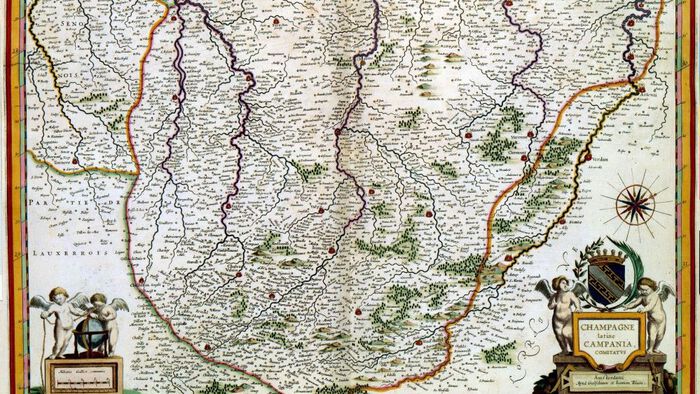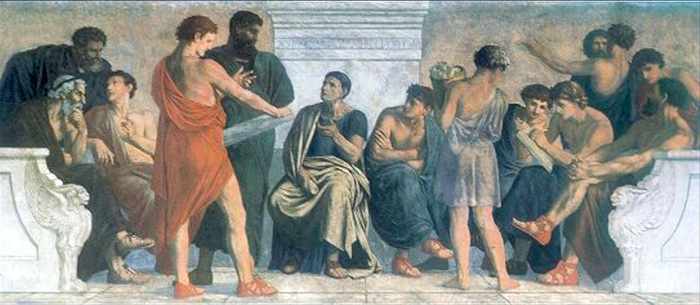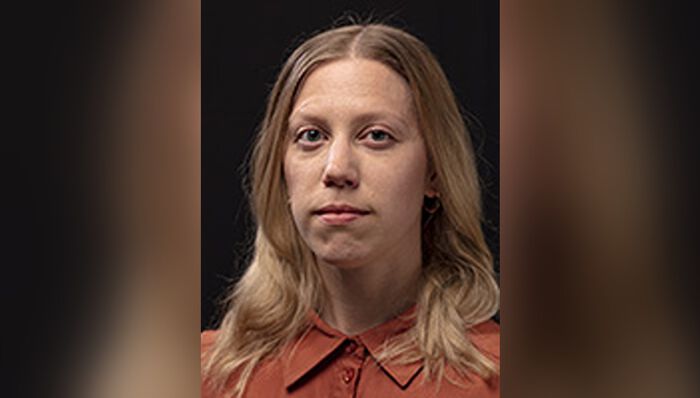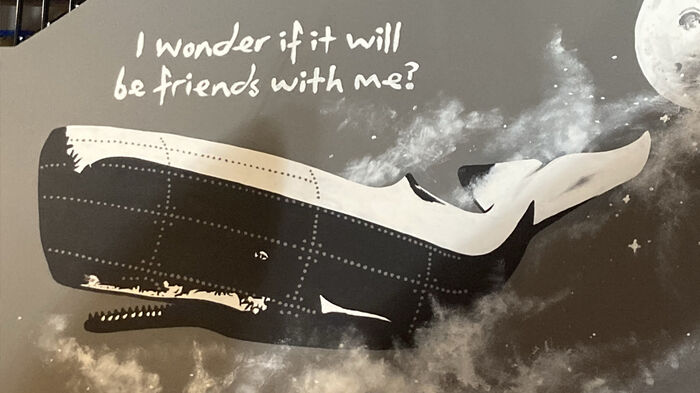Tidligere arrangementer - Side 6
Arkeologisk fredagsseminar med forsker Christina Fredengren ved Instituttet for arkeologi og antikkens kultur, Stockholms Universitet.
In the fourth and last Welcome to the Anthropocene lecture, Dr. Stephanie Roe, a WWF’s Global Climate & Energy Lead Scientist, will discuss the technical, economic, political, and social approaches for mitigating climate change and other key challenges of the Anthropocene.
What is a high-quality book review in history, and how do we write one? Professional historians are expected to assess books and write book reviews for historical journals, periodicals and press. This workshop explores some of the key issues in writing god book reviews. It offers hands-on training, feedback and discussions. All participants will produce a book review after the standards of historical journals. 1 ECTS digital workshop.
In this talk, professor of philosophy, Alejandra Mancilla, asks who should be the political representatives in a place with no human inhabitants, namely, Antarctica. While the Antarctic Treaty has been celebrated as a successful legal instrument for the protection of the continent, some have criticized its elitist nature and demanded a more democratic system of governance. But, should only humans be part of this arrangement? Why not penguins and maybe icebergs too?
A public reading group session on the violence of conservation practices.
Join us online for the Bionic Natures x Digital Ecologies workshop on Friday April 21st!
The third Welcome to the Anthropocene lecture will be given by Jason Allen-Paisant, Senior Lecturer in Critical Theory and Creative Writing, and will address the challenge of a just ecological transition by exploring how ideas and praxes of ‘cultivation’ might foster an awareness of deep time in mainstream political consciousness.
An airscape is an intangible presence in our daily life. Seemingly invisible and transparent, air, wind, and light form airscapes that have been overlooked as a cohesive totality with its own cultural history. Airscapes are spaces of injustice, transportation, and perception. This seminar aims to understand airscapes as more than just a passive receptacle of human activity but rather a presence that shapes us and our way of relating to the world.
Register here! Please register by April 19th for physical or digital attendance.
Hva er de foreløpige resultatene fra utgravningen på Remmen i 2022? Hva slags lokaliteter er identifisert?
In the second Welcome to the Anthropocene lecture, Matthew Chrulew, a writer and researcher from Boorloo/Perth, will talk about behavioural and cultural change among animals exposed to human activity.
The first Welcome to the Anthropocene lecture will be led by Dr. Hanna Guttorm, senior researcher at the University of Helsinki, who focuses on Indigenous studies and is a member of Helsinki Institute of Sustainability Sciences.
A public reading group session on the temporalities of soil care.
Welcome to HEI's heritage day 2023!
Kulturarvsdagen er en dag for dialog og til inspirasjon for alle som studerer og arbeider med kulturarv og kulturminner.
"Nuclear cattle" is a documentary about cattle farmers and their animals after the Fukushima Dai-ichi Nuclear Power Plant disaster in 2011.
Eva Hemmungs Wirtén (Linköping University) presents Fighting for Champagne: Bubbles and Intellectual Property, and Anaïs Fléchet (the University of Paris Saclay ) presents Tuned into the World. The UNESCO Collection of Traditional Music (1961-1985)
Research ethics and methods are intimately connected. The Norwegian Research School in History (NRSH) invites supervisors at our member institutions to a two-day workshop in Oslo in March 2023. Research in history shall take place in accordance with legal rules and ethical norms. This responsibility lies with the early career researcher, their supervisors and the institutions that employ them. What lies in the supervisor’s responsibility and how do we deal with ethical dilemmas when supervising master students and PhD fellows in history?
What does the digital shift mean for historians? This workshop explores some of the key methodological questions historians encounter when we start using digital tools to answer historical questions. It will also provide training in using digital source materials.
This PhD course grabs the bull by the horns and challenges participants to seriously engage with theory (ideas/principles to explain a practice or account for a situation) and method (planned procedure to pursue knowledge), and highlights the connections between them. We also discuss ethical problems in historical research. This is a 5 ECTS course.
Hvordan har kunnskap om sesonger formet urbant liv i middelalderbyen Oslo? Hva ble dyrket? Når på året bygde man? Hvordan organiserte man seg i henhold til sesongmessig variasjon?
The whale is held to have great symbolic meaning, as an environmental emblem, as food, as tourist attraction, and more. In Andenes, Vesterålen, two anthropologists, Britt Kramvig and Sadie Hale talk about their search for different kinds of whales and the particular ways that the whale-as-symbol is contested in this place.
How can we investigate how hominins sculpted ecologies and gain better understandings of the evolution of landscape responses to human predation and subsistence?
A public reading group session on environmental care ethics.
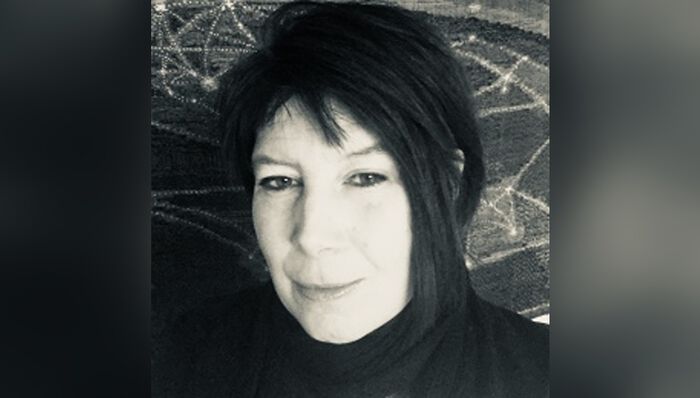
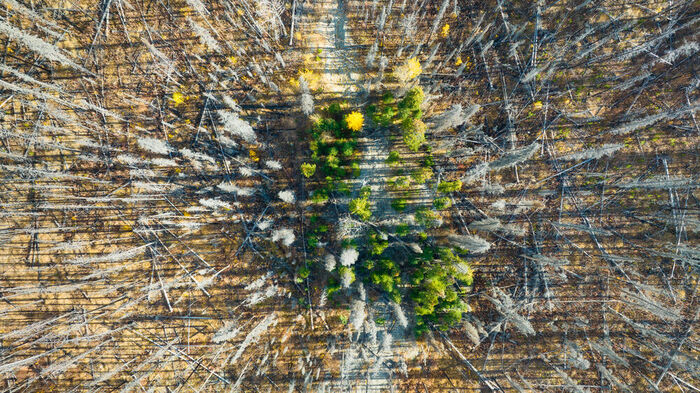

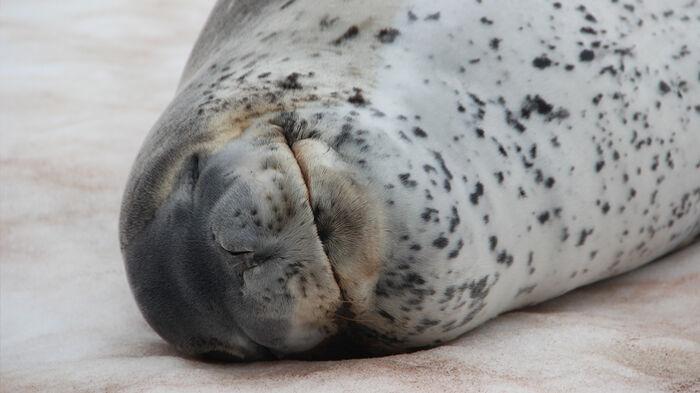
.png?alt=listing)
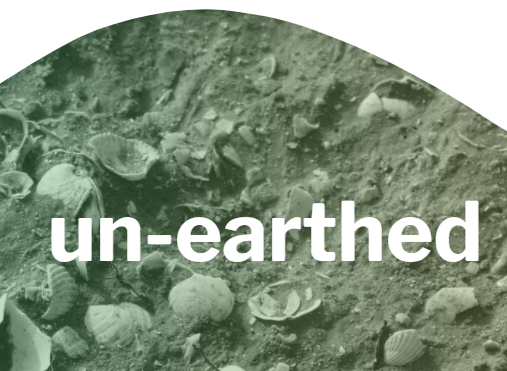

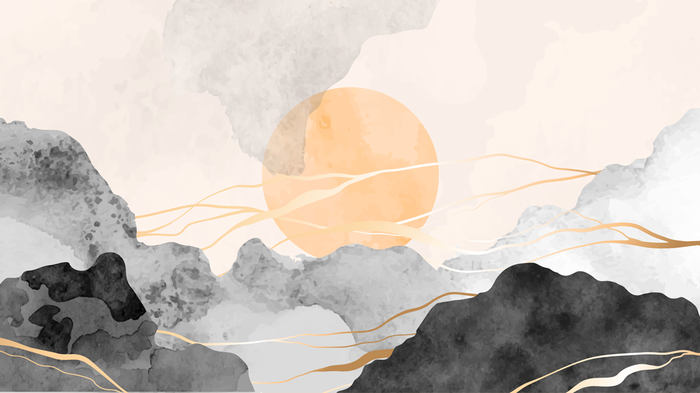
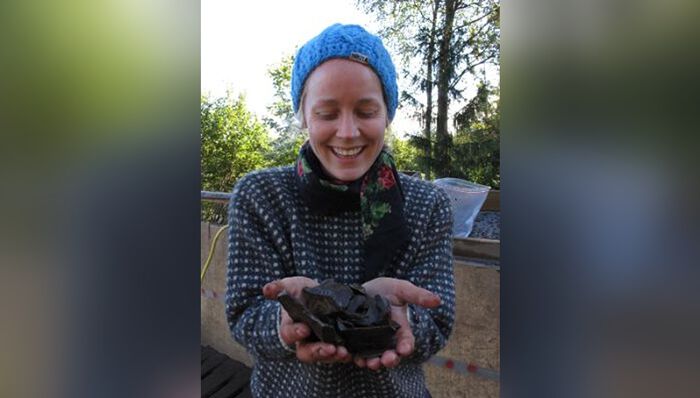
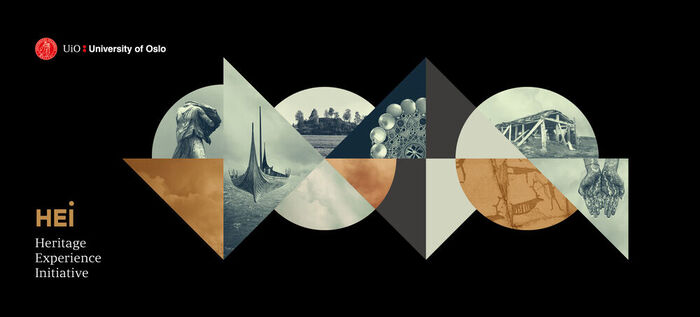
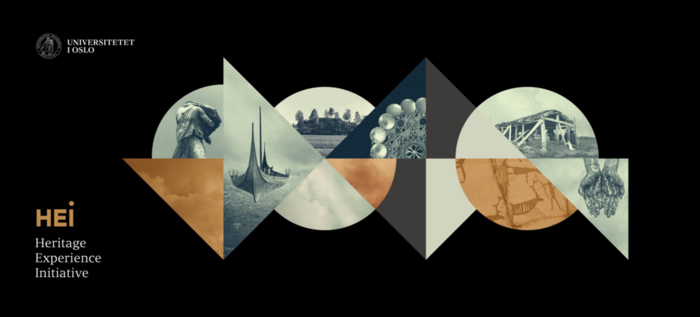
.png?alt=listing)
